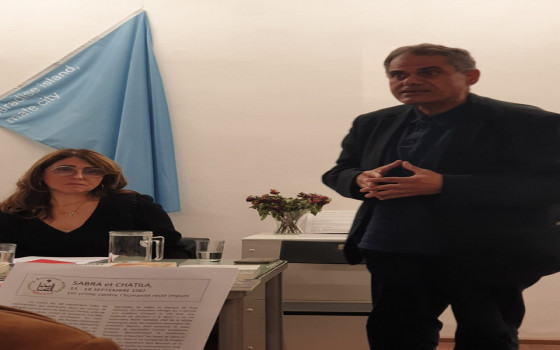
Commemoration of Sabra and Shatila in northern France

- Europe and Arabs
- Monday , 3 October 2022 15:40 PM GMT
France: Europe and Arabs
The French-Palestinian Solidarity Association (AFPS) in the city of Roubaix in northern France, in cooperation with the BAR Foundation (Bureau for Art Studies and Research) and the local pastel radio, celebrated, over the course of Saturday and Sunday, the forty-year anniversary of the Sabra and Shatila massacres, by organizing a symposium entitled “Sabra and Shatila in literature and art.” To the French researcher Sandra Barrier, and a film was shown, followed by a discussion, entitled “Shatila Roundabout,” by Lebanese director Maher Abi Samra.
The head of the French-Palestinian Solidarity Association, Moha Earab, put this event in the context of a solidarity struggle that his association has been carrying out with the Palestinian refugees in Lebanon for many years, and this year it chose the cultural dimension in commemorating the massacre.
The writer and diplomat, Hassan Al-Balawi, put in his intervention to present the event, the Sabra and Shatila massacres in the context of a systematic ethnic cleansing practiced by Zionist organizations and later Israel against the Palestinian people for more than seven decades, focusing on the cultural dimension other than the Palestinian struggle as a witness to the ongoing Nakba and the resistance in its various forms.
The Lebanese doctor and researcher Dr. Abeer Chahine, who was in her childhood in Beirut, very close to the scene of the crime, by virtue of her residence with her family, presented a brief about the French researcher Sandra Barrier, who submitted her university thesis on the topic “Sabra and Shatila in Literature and Art” in June 2019 from the University of Beirut. French Bordeaux.
Dr. Shaheen also moderated the dialogue with the French researcher on various topics.
The researcher dealt with the historical circumstances of the massacre of the Palestinian refugee camps in Beirut, Sabra and Shatila, and placed it in a broader context that transcends the war in Lebanon, and aims to abolish the Palestinian presence since the Nakba, referring to the 1982 United Nations General Assembly resolution which described the massacre as an “act of genocide.”
In her intervention, she said that what caught her attention in the echo of this massacre, which received wide international media coverage, was the absence of historical books in school references in Lebanon and the region, which prompted her to search for books and works on this huge event that affected her personally when she was a school student in France.
She pointed out that the number of artistic and literary works that she dealt with so far in her research reached 45 years and included all types of literary and artistic production, and she worked for 5 years on this topic, of which she spent 4 years in Lebanon.
Barrier tries to highlight the role of the diverse cultural action in preserving the Palestinian memory, which faces many challenges, including the fact that there is another memory related to historical events in Europe during the Second World War that takes up the largest area of media and political cultural interest in Europe, adding that the defenders of this memory are completely linked. In Europe, they are trying to reduce the Palestinian memory, and even abolish it, as a prerequisite for the abolition of Palestinian identity and existence.
The intervention, which was rich in wide discussion with the audience, was followed by poetic and musical readings of the two poets Mahmoud Darwish and Tamim Barghouti. The Palestinian doctor, Dr. Ayman Kaddoura, composed and sang it with a group of doctors and university professors from Morocco, Tunisia and Lebanon.
The second part of the memorial event was on Sunday evening at the Fresnoy Cinema
About the film “Shatila Roundabout” in the presence of director Maher Abi Samra, who in his film, which he directed in 2004, deals with the daily life of Palestinian refugees in Lebanon who suffer from various forms of deprivation in work jobs and the difficulty of life in a narrow space suffering from poverty and marginalization.
The director presents a historical preface to the establishment of the Shatila camp in 1949 in the southern suburbs of Beirut with a review of the most important stages that the camp witnessed for the reality of the Palestinian people in Lebanon, including the massacres of 1982 and the war of the camps in 1985 and how the Shatila camp the Palestinian camps became a scapegoat for the internal Lebanese sectarian balances, which The parties it represented in 1990, laying the full responsibility on the Palestinians for the outbreak of the Lebanese civil war.
The film was preceded by a cultural segment that included a musical and poetic reading of the text “Al Rashidiya” by the French poet Samuel Thyrion, who spoke about the Rashidieh camp in southern Lebanon, which he wrote years ago, accompanied by musician Christelle Lambert, who works in the Lille orchestra.
The paragraph also included a reading of the poem “Sabra Interrupts Two Poets on a Body” by Mahmoud Darwish, translated into French and read by Dr. Abeer Shaheen and sung in Arabic by Tunisian professor Sahbi Kirani.



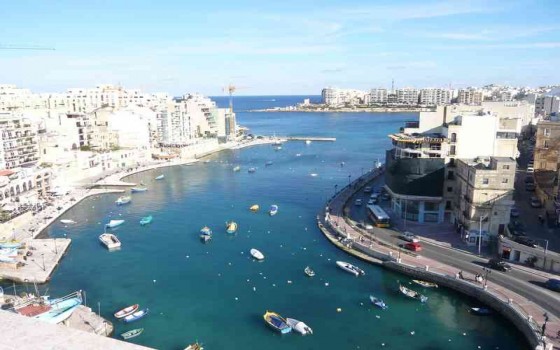



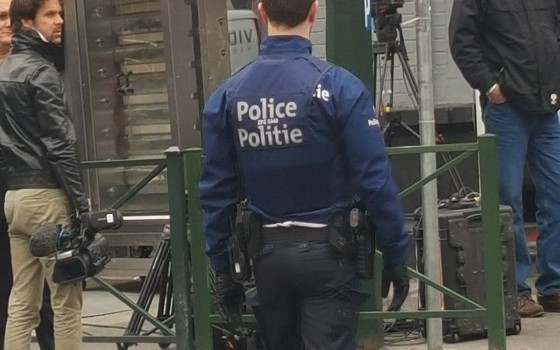
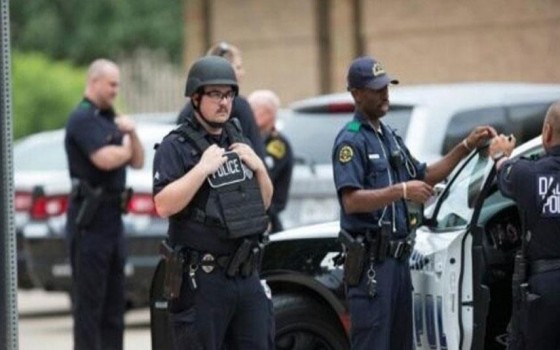
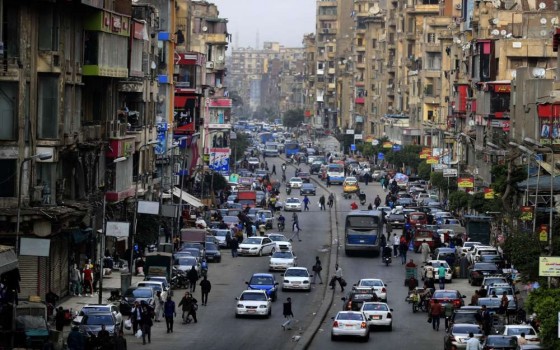
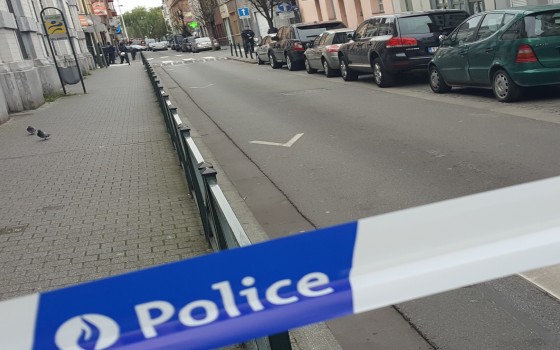

No Comments Found